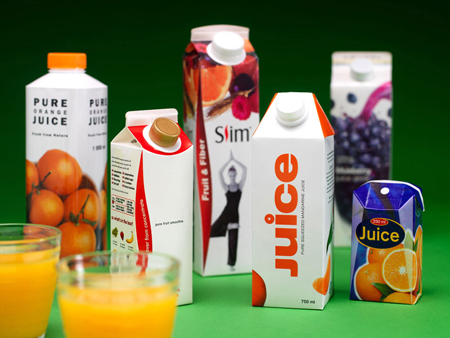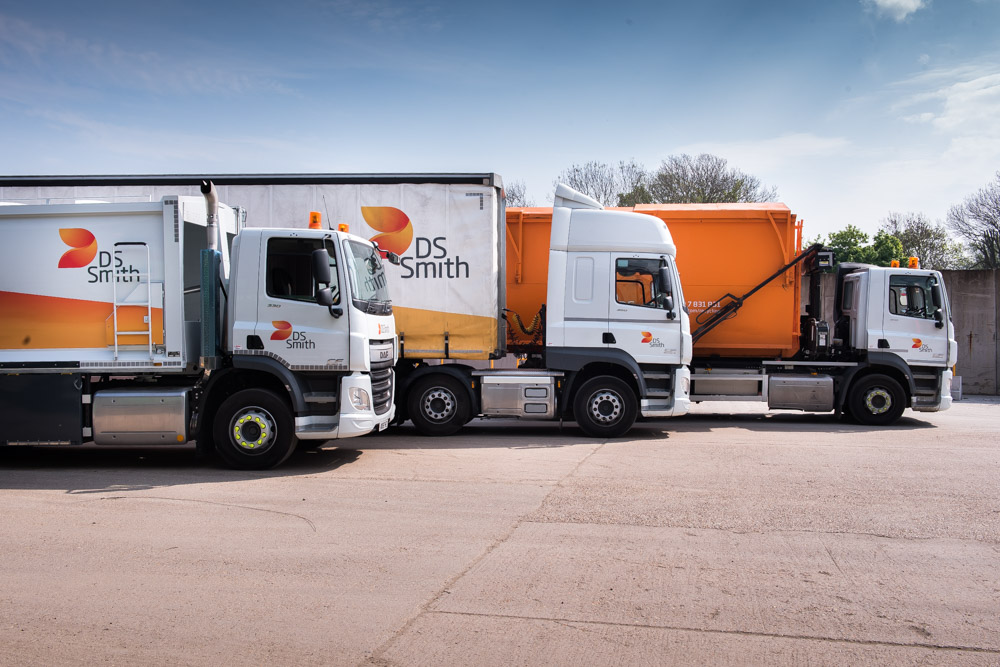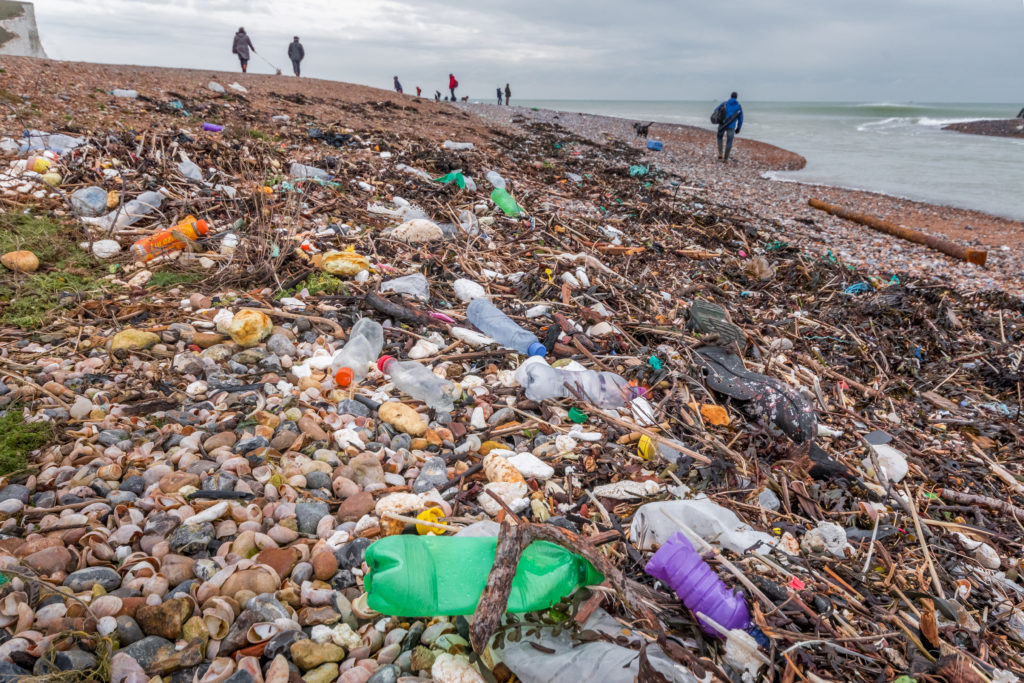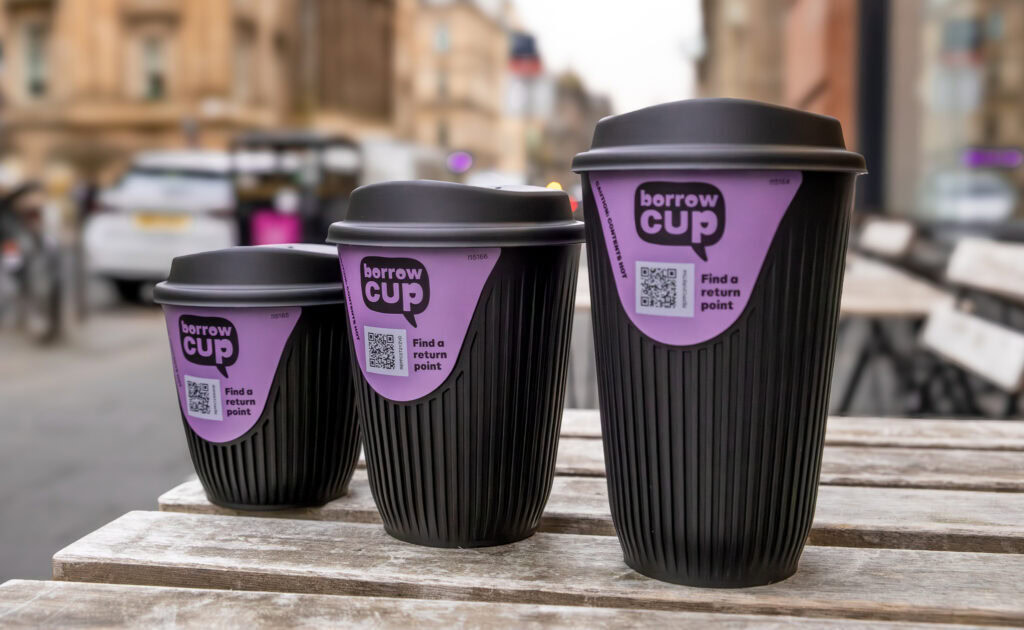Via the roadmap, the industry commits to achieving a 90% collection rate of beverage cartons for recycling and at least a 70% recycling rate for beverage cartons by 2030, amongst other things.

ACE, the trade association for the European beverage carton manufacturing industry, designed the roadmap in partnership with its members SIG Combibloc, BillerudKorsnäs, Elopak, Stora Enso and Tetra Pak.
Annick Carpentier, director general of ACE, said: “The industry has set high and ambitious standards for the next 10 years. We look forward to fostering a dialogue with EU decision makers to ensure that the necessary regulatory conditions are in place to support the industry’s journey towards beverage cartons as the sustainable packaging choice for today and tomorrow.”
ACE said in November 2020 that the recycling rate for beverage cartons in the European Union exceeded 50% for the first time in 2019, at 51%. This was 2% higher than in 2018. The UK was still considered within the figures at that point.
Roadmap
In line with the vision of ACE members, the industry says that by 2030 beverage cartons will be:
- Made only from renewable and/or recycled material
- Fully recyclable and recycled
- Made entirely from sustainably sourced raw materials
- The packaging solution with the lowest carbon footprint
The roadmap sees the industry commit to 10 goals to help achieve its vision, including those relating to the collection and recycling rates for beverage cartons.
The industry commits to producing beverage cartons only from renewable materials and/or recycled materials, using more fibre and less plastic, and delivering the lowest carbon footprint packaging.
It aims to decarbonise the industry’s value chain in line with the 1.5°C aligned science-based targets and increase carbon sequestration, enhance biodiversity and increase forest growth.
And, the industry is to design for circularity and meet the highest sustainability sourcing standards for all materials.
Beverage cartons
On average, beverage cartons are made from 75% ‘renewable’ material, ACE says. The trade body describes beverage cartons as ‘a low carbon packaging solution’ due to their ‘transport efficiency’ and the low quantity of plastic they contain.
Marcelle Peuckert, president of ACE, said: “The industry continues to invest in innovation and technology to increase beverage carton recycling.
“The industry needs an enabling policy framework that that will continue to support our investments and innovation over the next decade.”
Related links
ACE beverage carton roadmap to 2030 and beyond









Subscribe for free